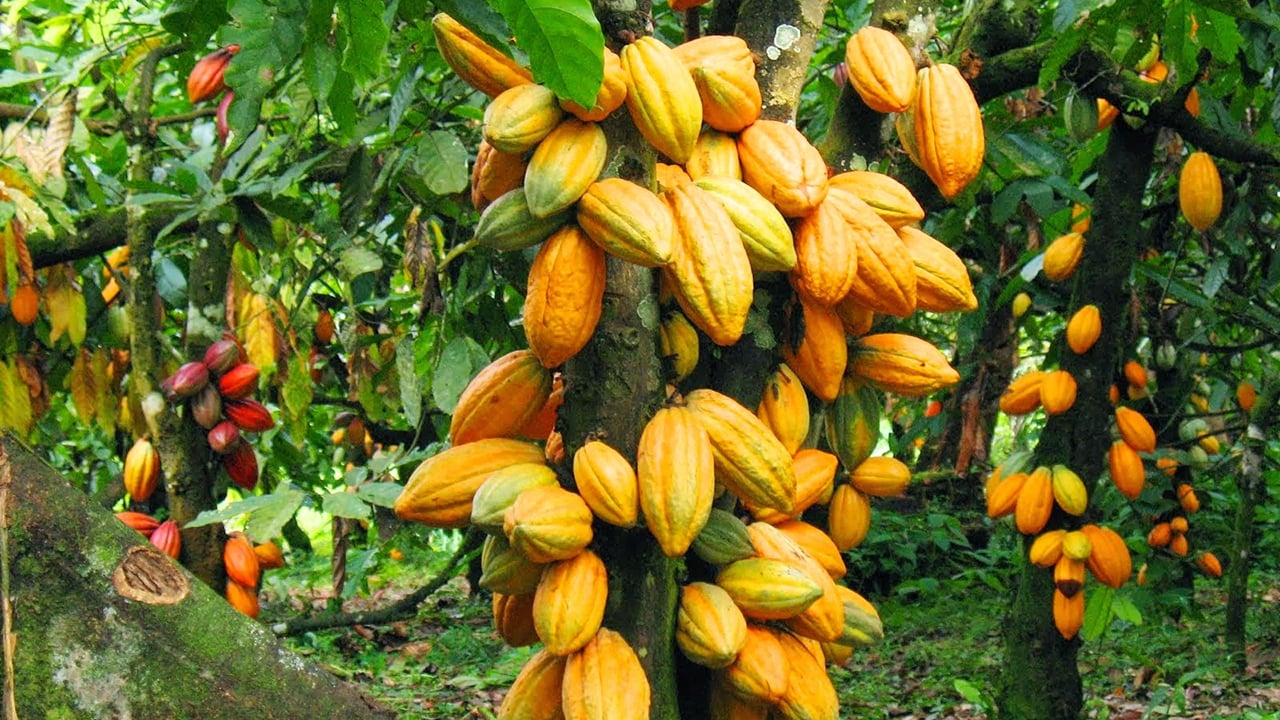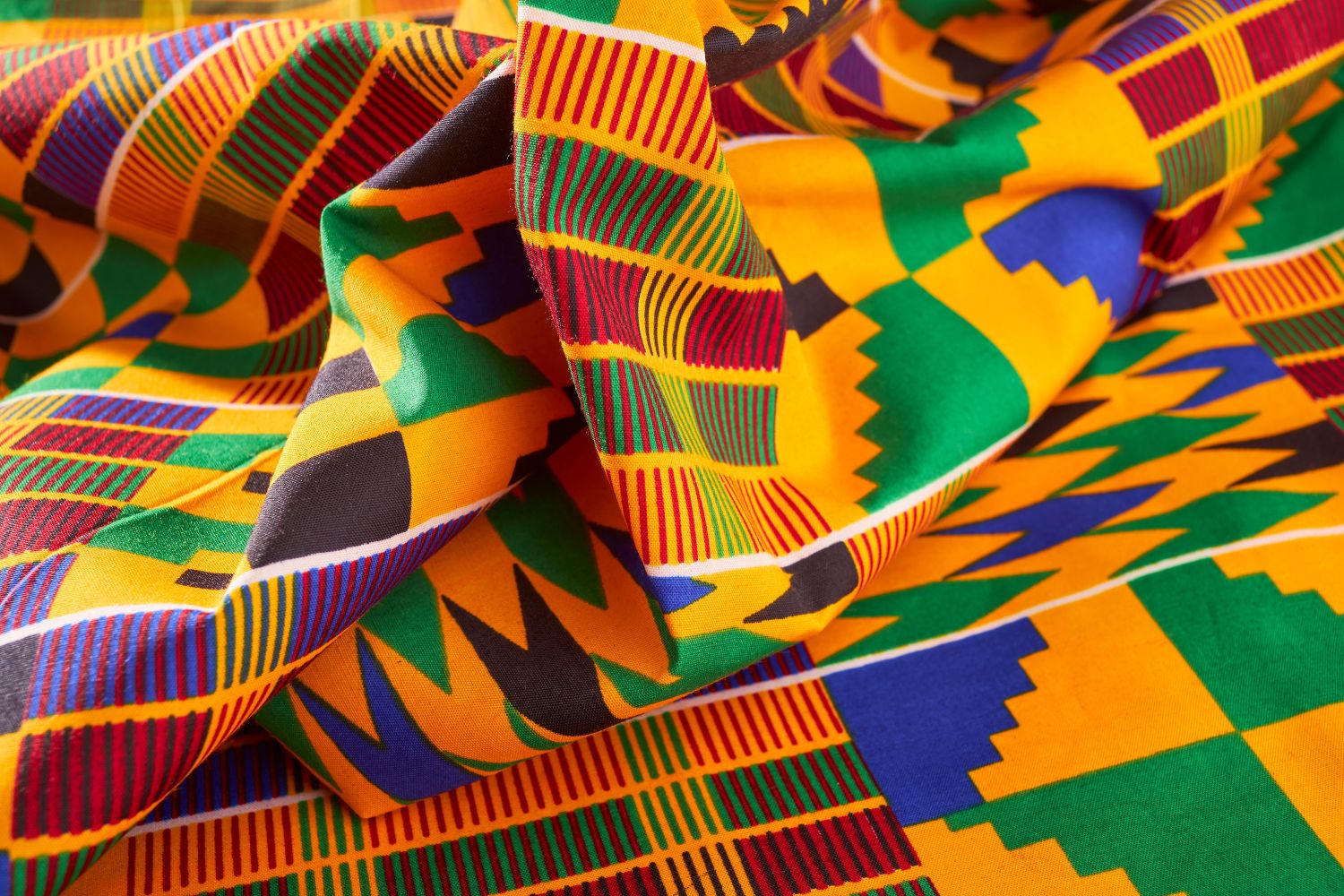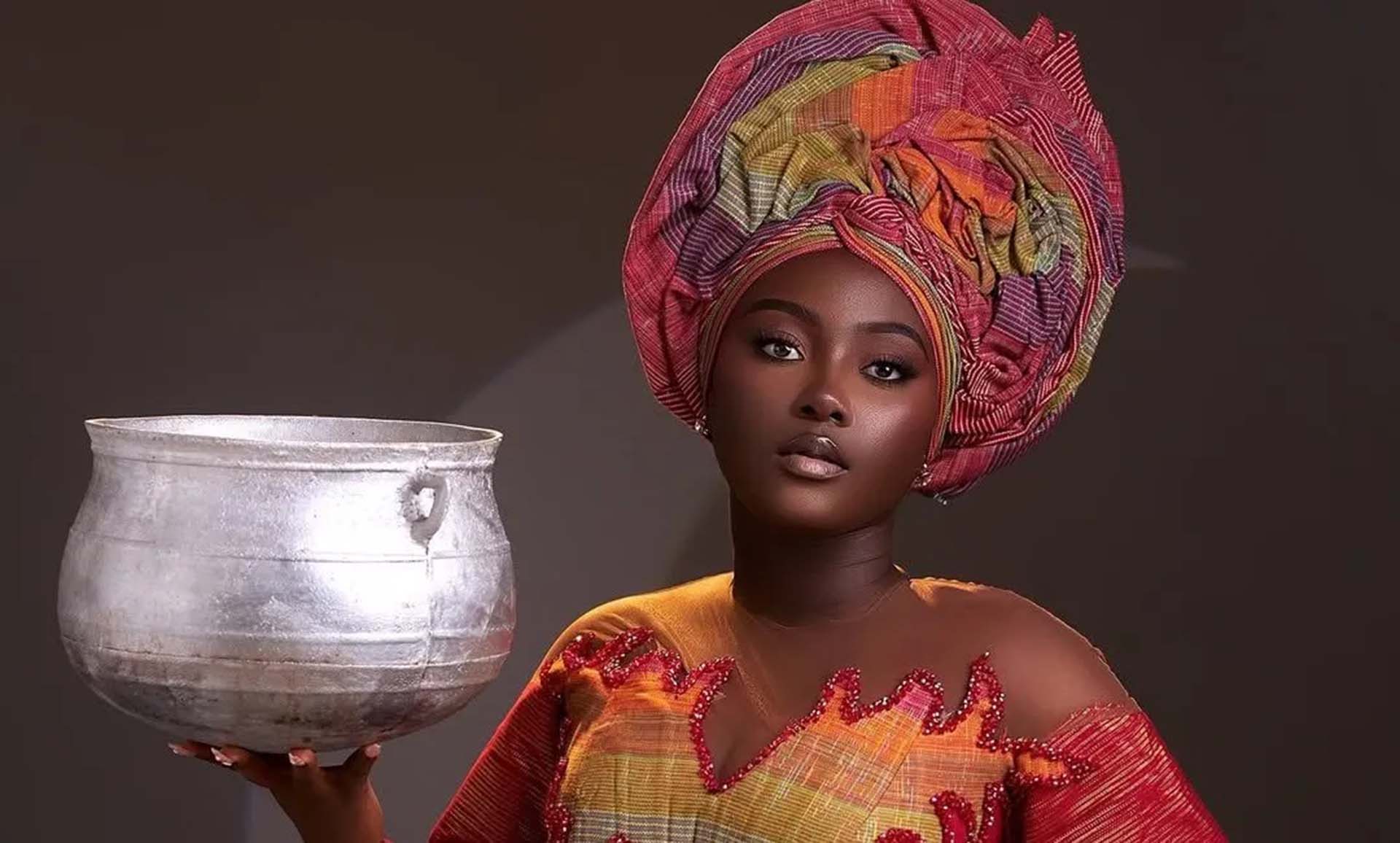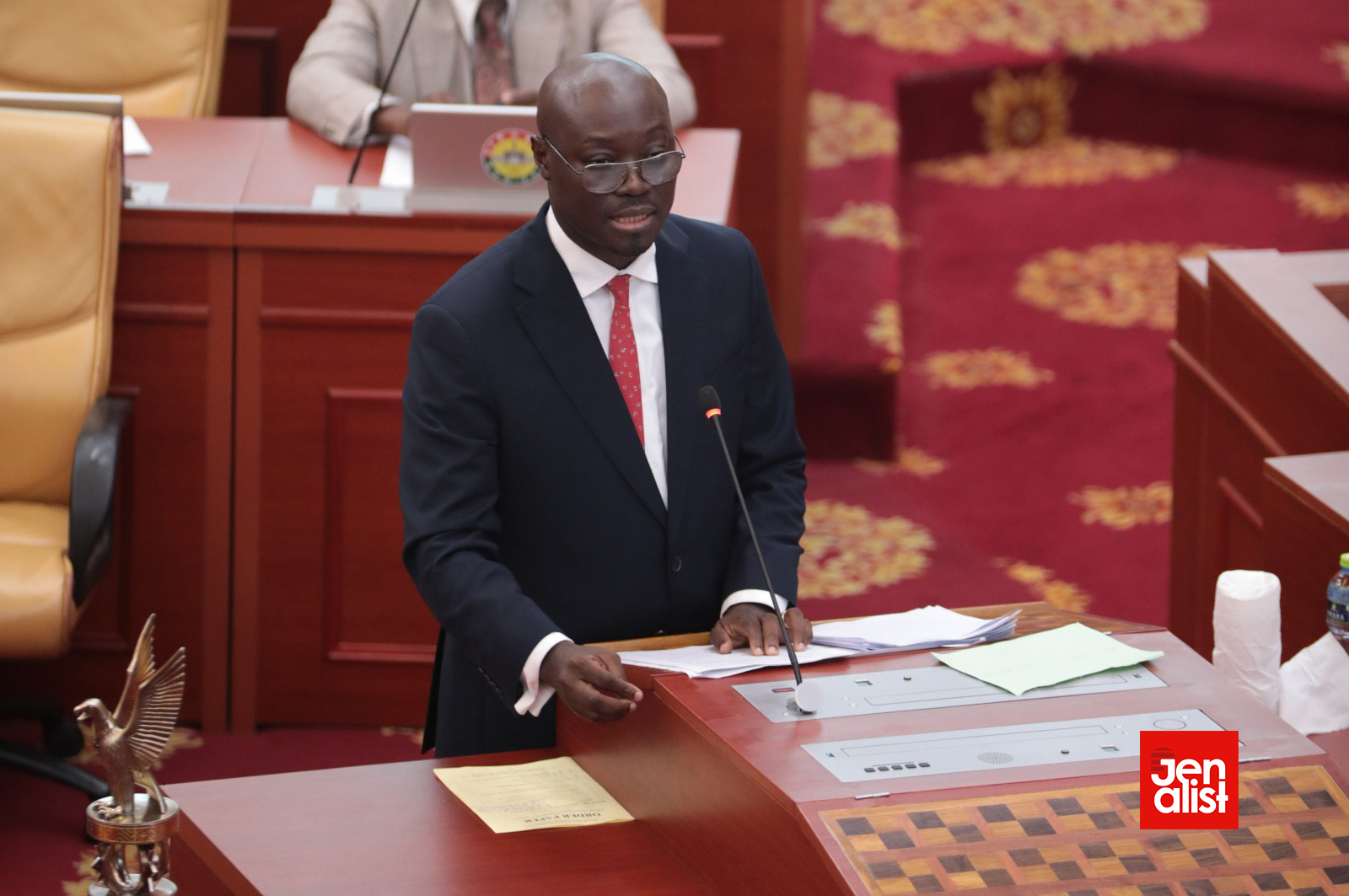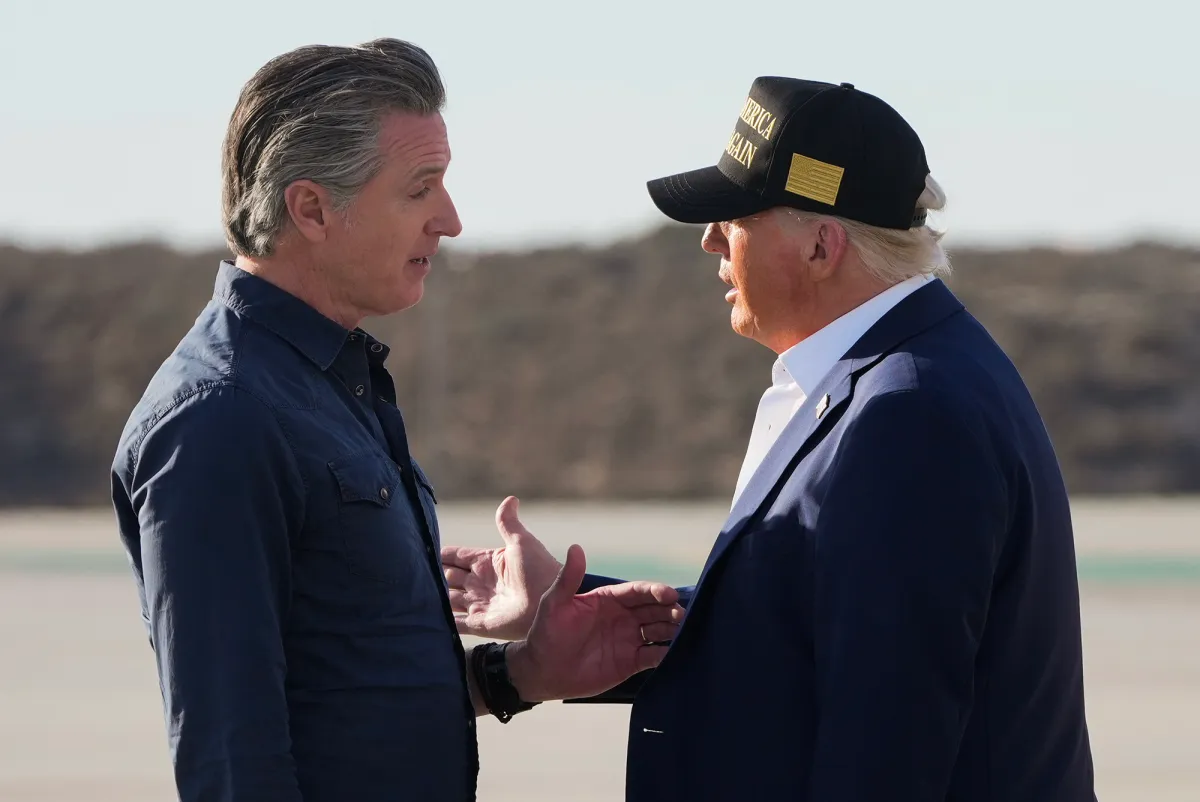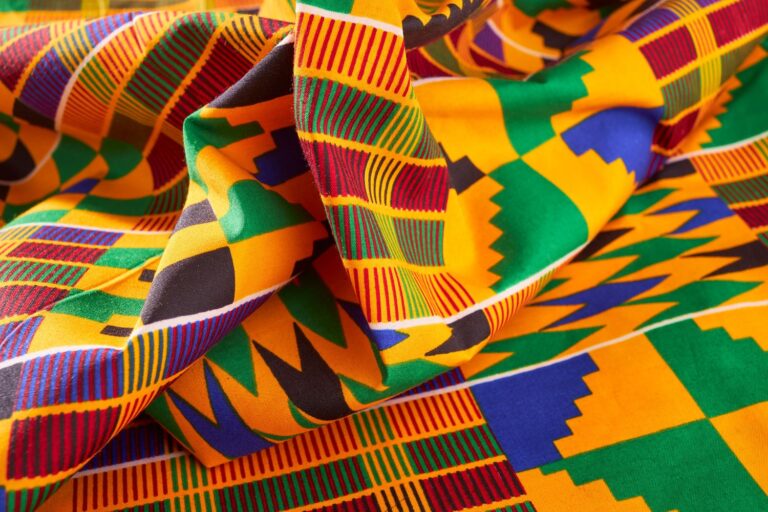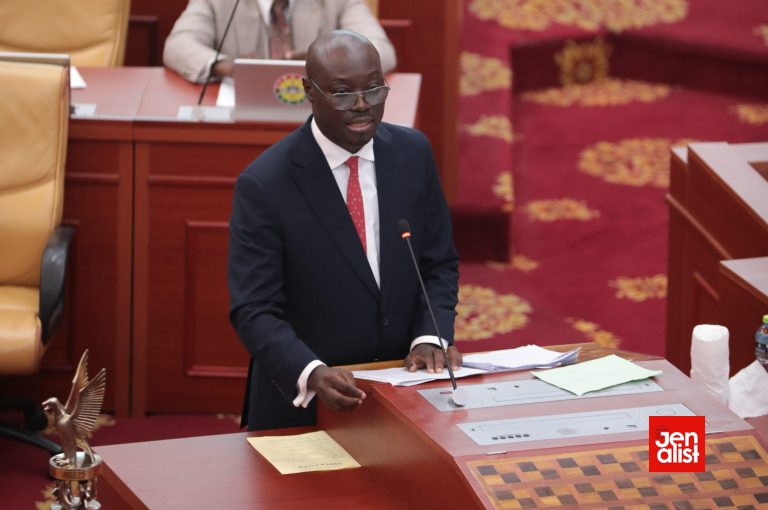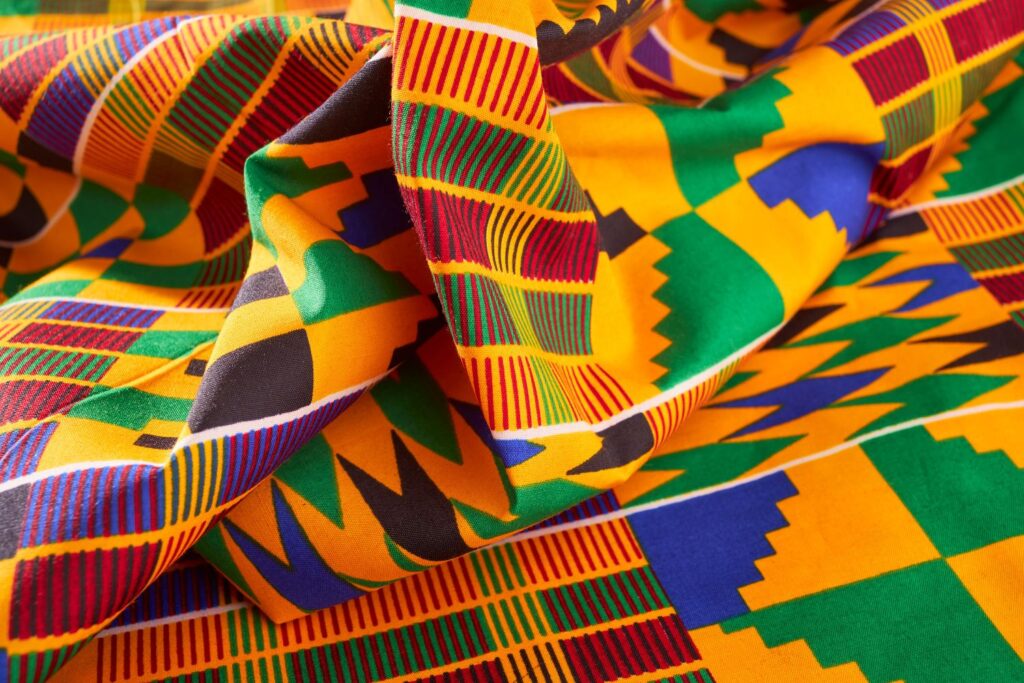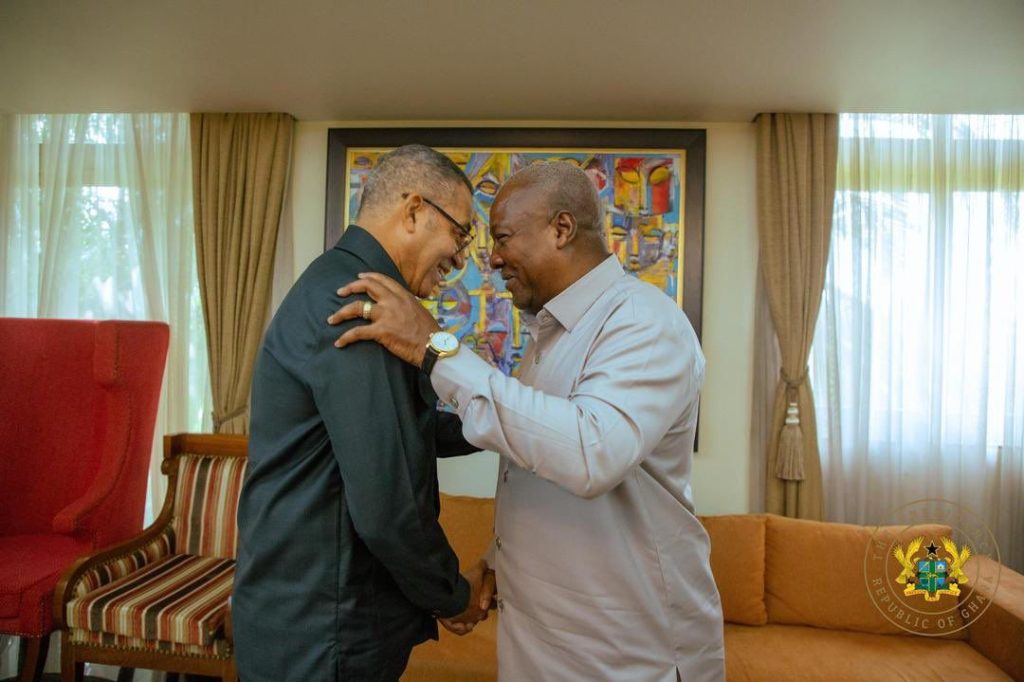Netumbo Nandi-Ndaitwah, a senior member of the South West Africa People’s Organisation (SWAPO), has been elected Namibia’s first female president following last week’s disputed election. The Electoral Commission of Namibia (ECN) declared Nandi-Ndaitwah the winner, securing over 57% of the vote. Her closest competitor, Panduleni Itula, leader of the Independent Patriots for Change (IPC), garnered 26%.
Despite the commission’s announcement, Itula’s IPC party has contested the results, citing what they described as “deeply flawed” electoral processes, including logistical issues and an extension of voting by three days in certain regions. Itula has vowed to challenge the results in court. Many opposition parties, dissatisfied with the process, boycotted the announcement of the results in Windhoek, the capital.
Election Disputes and Calm in Windhoek
The election, which saw delays and mismanagement of polling procedures, sparked controversy in Namibia. Some voters were turned away after long waits, as a shortage of ballot papers and malfunctioning scanners disrupted voting at multiple stations. IPC officials, including Claus Goldbeck, criticized the Electoral Commission for failing to address these issues, calling the election an “organisational mess.”
The ECN acknowledged these problems but rejected claims of fraud. Chairperson Elsie Nghikembua called for unity, urging Namibians to accept the results with a spirit of reconciliation.
Despite the controversy, Windhoek remained calm on Wednesday, with citizens continuing their daily activities without significant protests or celebrations. Nandi-Ndaitwah, after her victory was confirmed, expressed her gratitude, stating, “The Namibian nation has voted for peace and stability.”
Nandi-Ndaitwah’s Historic Victory and Regional Impact
Nandi-Ndaitwah’s win is a historic moment for Namibia and Southern Africa, making her the first woman to hold the office of president in the region. Once sworn in, she will join Tanzania’s Samia Suluhu Hassan as one of only two female heads of state in Africa. South African President Cyril Ramaphosa congratulated her on X (formerly Twitter), emphasizing the importance of her election as a victory for democracy.
Having served in various high-level government positions for over 25 years, including as Namibia’s current vice president, Nandi-Ndaitwah is a trusted leader within Swapo, the party that has governed Namibia since independence in 1990. Swapo, which led the fight against apartheid South Africa, remains a dominant political force in the country. However, the party’s performance in this election was its weakest since independence, losing 12 parliamentary seats compared to the previous election. Swapo won 51 of the 96 elected seats in the National Assembly, while the IPC secured 20 seats, becoming the official opposition.
Swapo’s Parliamentary Majority Narrowed
In the same election, Swapo narrowly retained its parliamentary majority, securing 51 out of 96 seats. While the victory was significant, it marked a decline in the party’s political dominance, a trend that began with Nandi-Ndaitwah’s predecessor, Hage Geingob, in 2019. The IPC’s rise, led by charismatic dentist Panduleni Itula, reflected growing dissatisfaction with Swapo’s rule, particularly among younger voters and those critical of the party’s governance.
A Key Moment for Democracy in Namibia
Despite the tensions surrounding the election, Nandi-Ndaitwah’s victory marks a critical moment for Namibia’s democracy. With the country’s economy facing challenges and Swapo’s grip on power slipping, Nandi-Ndaitwah’s leadership will be closely watched as she works to unite the country and address the concerns of both her supporters and detractors.
As Namibia prepares for the next chapter in its political history, all eyes will be on the legal challenges ahead and how they may impact the country’s stability in the coming months.
Source: BBC News





